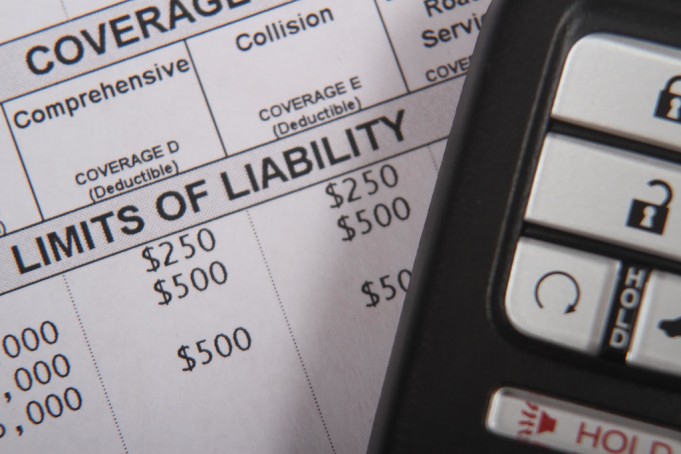It comes under one of the Automobile Insurance. Comprehensive Insurance covers the damage that occurred to your vehicle other than during collision. This includes stolen or theft of your vehicle or damage done by natural events like flood, earthquake, tsunami and many others.
Overview of Comprehensive Insurance
Comprehensive insurance, liability insurance, and collision insurance are all types of major automobile insurance. The liability insurance papers are mandatory to carry by a person owning a car or rented one. But collision and insurance are optional to have. If a person has rented a vehicle for financing, the automobile loan company must have comprehensive insurance. If someone owns an automobile in a rural area or a village, where collisions with animals are common or in a higher crime part of town where break-ins and theft are regular, they should purchase comprehensive insurance.
Comprehensive Insurance, liability insurance, and Collision Insurance have deductibles. A driver can choose their own deductibles based on the risk they can face in these areas. The higher the rate of the vehicle, the more insurance policy premiums you need to pay. Comprehensive Insurance pays the coverage to replace or repair your vehicle if it is stolen or damaged in an incident other than collision.
How Comprehensive Insurance works?
Here’s an example, what happens when a person after damage claims for comprehensive insurance coverage. If a driver owns Hyundai Elantra worth $10,000 and has $1,000 comprehensive insurance deductibles and the car is destroyed during a flood. If he claims for the coverage, he will receive $9,000 from the insurance company. But if they don’t have comprehensive coverage they will face a huge loss of $10,000 for replacement.
Collision and liability insurance can cover this damage, and the driver is responsible for the replacement.
Commercial General Liability Insurance
Commercial General Liability insurance is somewhat similar to Comprehensive Insurance. That offers coverage in case of bodily injury, personal injury or business damage caused by the business operations or products that occurred in business premises. It does not cover all the risks a business might face.
Working of a Commercial General Liability insurance (GCL)
There are two types of GCL insurance policies – one offers a claim-made policy that covers the claims regarding the damage when it took place. And an occurrence policy covers when an event should take place for a set of period.
Companies purchasing GCL policies can add other companies or individuals as an additional insured one.
Commercial general liability policies have different offers for coverages, that include premises coverage. Which protects the business from claims that occur on physical locations during regular operations.
In order to cover the GCL policy limit, you can go for excess liability coverage.
When purchasing a commercial liability policy businesses have to differentiate the two policies clearly between a claims-made policy and an occurrence policy. A claim-made policy is one that offers coverage for the claims made by the company whenever they need the claim. And an occurrence policy that offers coverage when the event took place, even if the policy is expired.









